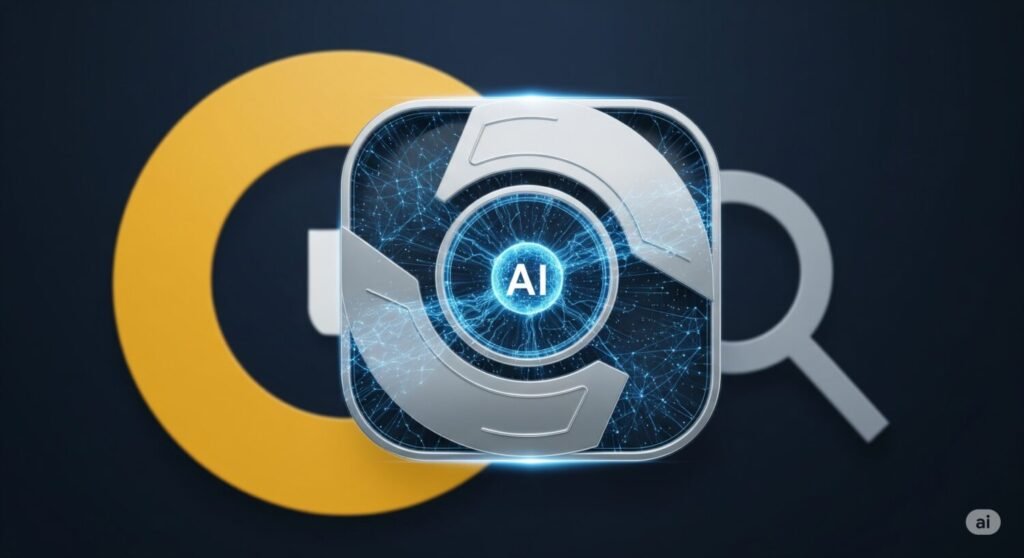Perplexity AI is launching its Comet browser on Android, aiming to challenge Google Chrome’s dominance with AI-powered features and strategic pre-installation partnerships.
The digital landscape is constantly evolving, and a new contender is emerging to shake up the browser world. Perplexity AI, a company known for its innovative approach to artificial intelligence, is setting its sights on a significant challenge: taking on Google Chrome’s long-standing reign. Furthermore, they plan to do this by introducing their AI-powered Comet browser to Android devices, with an ambitious goal of pre-installation.
A Bold Move into Mobile Browsing
Perplexity’s Comet browser, currently in beta for desktop users, is making a strategic leap to mobile. This move is particularly noteworthy because the company is actively pursuing partnerships with smartphone manufacturers. Indeed, their aim is to have Comet pre-installed on new devices, a tactic that could fundamentally alter the competitive landscape. Traditionally, most Android phones come with Google Chrome as the default browser, often alongside a manufacturer-specific alternative. However, securing a pre-installation slot for Comet could provide an unprecedented boost in visibility and user adoption.
The Power of Pre-Installation
The significance of pre-installation cannot be overstated. It offers a direct pathway to millions of users, potentially increasing Comet’s “stickiness” and making it a familiar presence from the moment a new phone is unboxed. Perplexity CEO Aravind Srinivas has acknowledged the difficulty of convincing mobile original equipment manufacturers (OEMs) to switch from Chrome. Nevertheless, the company’s past experiences suggest a determined approach. For instance, Perplexity previously managed to get its app pre-installed on Motorola devices, despite initial hurdles related to Google’s existing contracts. This demonstrates their resolve in navigating the complex world of mobile partnerships.
AI at the Core of Comet
Comet’s primary selling point is its integration of artificial intelligence. While specific AI features for the mobile version are still under wraps, the desktop beta hints at an agentic browser experience, likely leveraging Perplexity’s expertise in AI search. Interestingly, the browser itself is built on Chromium architecture, which is the same foundation as Google Chrome. Therefore, this underlying compatibility could make the transition to Comet a relatively seamless experience for existing Chrome users, reducing the learning curve and encouraging adoption.
Beyond Browsing: A Broader AI Vision
Perplexity’s ambitions extend beyond just the browser. Reports indicate that the company is also in discussions with tech giants like Samsung and Apple to potentially integrate its AI search capabilities into their respective voice assistants. Apple currently uses its own Siri infrastructure, sometimes routing complex queries to ChatGPT, while Samsung heavily relies on Google’s Gemini for its AI functionalities. Consequently, a successful integration of Perplexity’s AI could further diversify the AI assistant ecosystem and offer users more choices.
The Road Ahead for Comet
While a definitive release date for Comet on Android remains unconfirmed, the Perplexity team is reportedly “sprinting” towards its launch. An iOS version is also anticipated in the coming months. Initially, Comet has been available to Perplexity’s paying customers on desktop, with free users gaining access through an invite system. Srinivas envisions bringing Comet to “tens of hundreds of millions” of users in the coming year, after the desktop version has been stabilized with its initial user base. This ambitious target underscores Perplexity’s confidence in its AI-powered browser and its potential to carve out a significant share in the competitive mobile browsing market.









